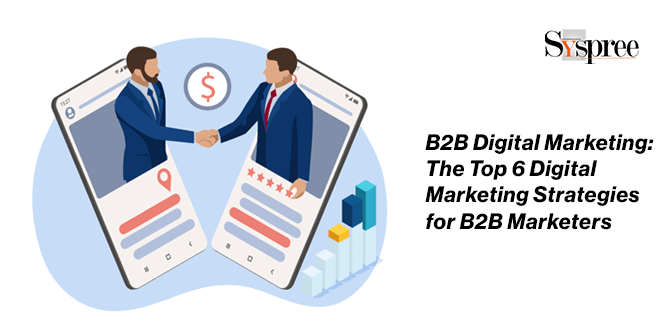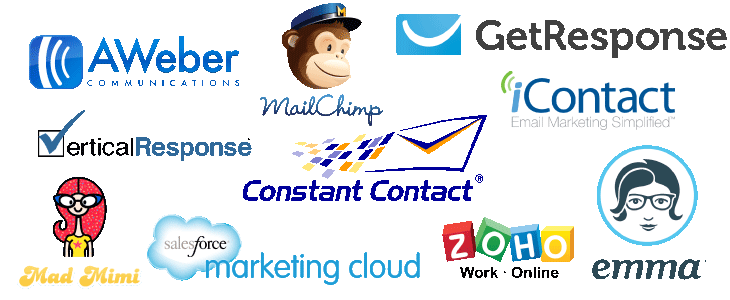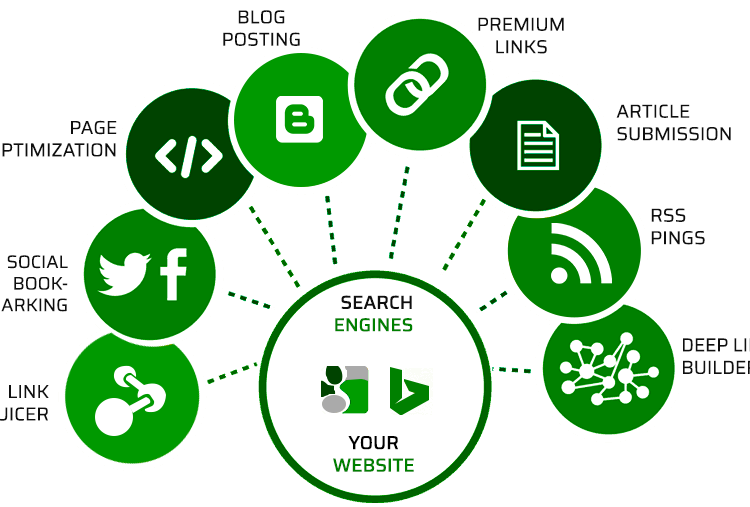You might assume that marketing automation software is only for large enterprises with complex marketing needs. However, the reality is that even small businesses can benefit significantly from these platforms. By automating email campaigns, social media engagement, and lead nurturing, small businesses can achieve a level of efficiency and personalization previously reserved for larger companies.
Toc
- 1. Understanding the Power of Marketing Automation
- 2. Essential Features of Marketing Automation Software
- 3. Beyond the Basics: Advanced Features for Growth
- 4. Related articles 01:
- 5. Choosing the Right Marketing Automation Software for Your Business
- 6. Top Marketing Automation Software for Small Businesses
- 7. Maximizing Your Marketing Automation Investment
- 8. Related articles 02:
- 9. Frequently Asked Questions (FAQ)
- 10. Conclusion
Understanding the Power of Marketing Automation
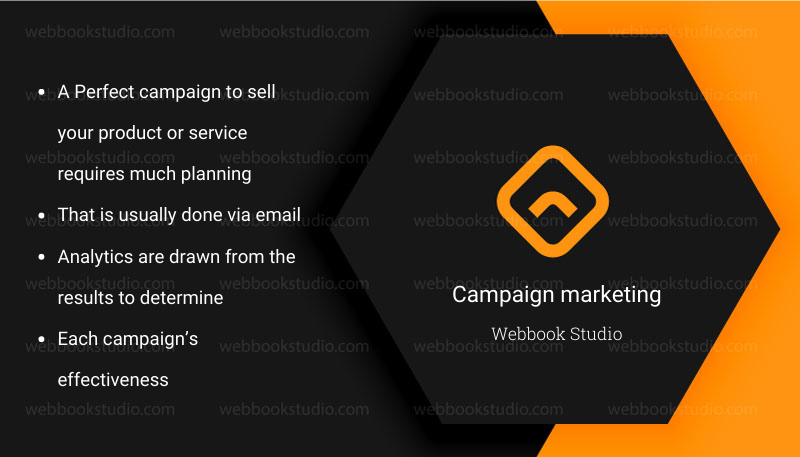
Marketing automation software plays a pivotal role in streamlining marketing efforts for small businesses. These platforms enable businesses to automate repetitive tasks, allowing teams to focus on strategic initiatives. The core benefits of utilizing marketing automation software include:
Increased Efficiency
Automated marketing platforms save businesses time by managing tasks such as email scheduling, social media posting, and lead follow-ups. By minimizing manual work, teams can dedicate more time to high-value activities that require creativity and strategic thinking.
Improved Lead Generation
Nurturing Leads with Personalized Journeys
Effective lead nurturing is essential for converting prospects into loyal customers. Marketing automation services facilitate this by delivering personalized content and automated campaigns that engage potential customers throughout their journey, ultimately boosting conversion rates. Marketing automation allows for personalized lead nurturing through targeted email sequences, dynamic content based on lead behavior, and automated scoring systems. For instance, a small business selling handmade jewelry could create an email series that begins with a welcome message and continues with product recommendations based on initial browsing behavior. A study by Forrester Research found that companies using personalized email marketing saw a 760% higher open rate and a 152% higher click-through rate compared to non-personalized emails.
Enhanced Customer Engagement
Building Relationships Through Omnichannel Engagement
The use of digital marketing automation allows businesses to create personalized communication channels with customers. Automated messages tailored to individual preferences foster stronger relationships, leading to increased customer loyalty and repeat business. Modern marketing automation platforms enable businesses to engage customers across multiple channels, including email, SMS, social media, and even chatbots. This omnichannel approach allows for a seamless and personalized experience. For example, a small bakery could send a reminder SMS about a customer’s upcoming order and follow up with an email showcasing new seasonal treats. A study by Salesforce found that companies with strong omnichannel customer engagement strategies retain 89% of their customers, compared to 33% for companies with weak omnichannel strategies.
Cost Savings
Implementing a marketing automation platform can significantly reduce marketing costs. By streamlining efforts and minimizing resource allocation for campaigns, small businesses can maximize their return on investment (ROI).
Essential Features of Marketing Automation Software

When selecting the right marketing automation software for your business, it’s crucial to consider the essential features that can enhance your marketing efforts.
Email Marketing Automation
Email marketing remains a cornerstone of digital marketing. An effective marketing automation platform should offer features such as autoresponders, drip campaigns, and email segmentation. These tools help businesses send the right message to the right audience at the optimal time, improving overall campaign performance.
Lead Nurturing
Lead nurturing is a critical component of any successful marketing strategy. Look for platforms that provide features like lead scoring, workflow automation, and personalized email sequences. These functionalities guide leads through the sales funnel, increasing the likelihood of conversion.
Maintaining an active online presence is vital in today’s digital landscape. Marketing automation software that includes social media automation features enables businesses to schedule posts, monitor mentions, and engage with followers efficiently, ensuring consistent interaction with their audience.
CRM Integration
A seamless integration between your marketing automation software and customer relationship management (CRM) system is essential. This integration provides a comprehensive view of customer interactions, allowing for more personalized communication and improved customer experiences.
Reporting and Analytics
Robust reporting and analytics capabilities are fundamental for measuring the success of your marketing efforts. A good marketing automation platform should offer detailed campaign performance dashboards, custom reporting, and the ability to track key metrics, helping businesses identify areas for improvement.
Beyond the Basics: Advanced Features for Growth
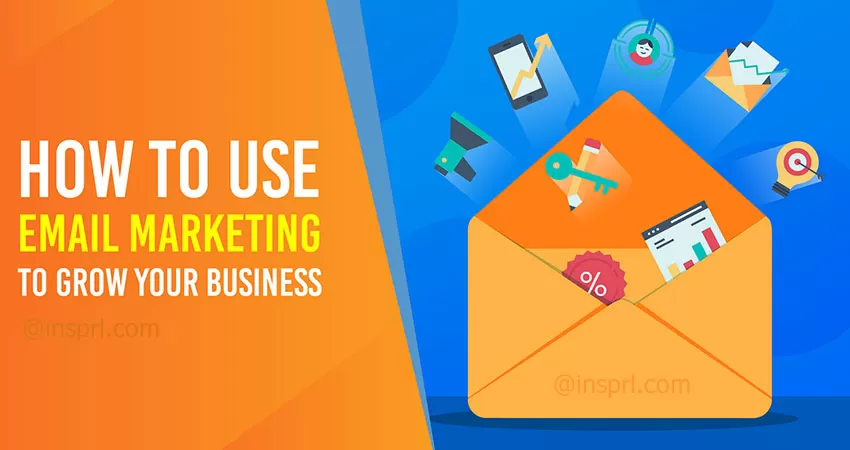
1. https://b-decor.com/mmoga-account-based-marketing-for-saas-companies-a-comprehensive-guide
2. https://b-decor.com/mmoga-unlocking-online-growth-finding-the-right-seo-marketing-agency
3. https://b-decor.com/mmoga-the-ultimate-guide-to-finding-the-best-internet-marketing-course-in-2024
4. https://b-decor.com/mmoga-ecommerce-email-marketing-a-complete-guide-for-shopify-users
5. https://b-decor.com/mmoga-crafting-effective-email-marketing-campaigns-for-ecommerce-success
While essential features are crucial, advanced capabilities can further enhance your marketing automation strategy.
AI-Powered Personalization
Artificial intelligence (AI) is revolutionizing marketing automation by enabling highly personalized experiences. AI algorithms can analyze customer data to predict preferences, personalize content, and automate marketing tasks. This trend allows for more effective targeting, increased engagement, and improved conversion rates.
Account-Based Marketing (ABM)
ABM is becoming increasingly popular among B2B companies, and marketing automation platforms are now incorporating features specifically designed for ABM. This allows businesses to focus their marketing efforts on specific high-value accounts, leading to more targeted campaigns and potentially higher ROI.
Choosing the Right Marketing Automation Software for Your Business

Selecting the most suitable marketing automation software can be daunting, but following these steps can simplify the process.
Defining Your Needs
Begin by clearly identifying your marketing goals and the challenges you currently face in achieving them. Consider the specific tasks you want to automate, such as email campaigns, social media posting, or lead generation. Assess your budget constraints and the level of technical expertise within your team, as this will influence the complexity of the platform you can effectively use. Additionally, determine the necessary software integrations with your existing systems, such as CRM or analytics tools. This initial, detailed assessment will steer you toward a platform that aligns precisely with your specific requirements and strategic objectives.
Researching and Comparing Platforms
Allocate sufficient time to thoroughly explore a variety of marketing automation platforms available in the market. Read detailed online reviews from trusted sources, visit industry blogs for expert opinions, and thoroughly examine vendor websites to compare features, pricing, integration capabilities, scalability, and user-friendliness. Pay attention to case studies or testimonials from businesses similar to yours to understand how different platforms have been successfully implemented. This comprehensive research will equip you with the information necessary to make an informed decision that best suits your business needs.
Utilizing Free Trials and Demos
Take advantage of the free trials or demo versions offered by most marketing automation providers. These opportunities allow you to personally test the software’s user interface, workflow builders, customization options, and reporting features. Engage your team in the testing process to gather diverse feedback and ensure the platform supports collaborative efforts. This hands-on experience is invaluable for accurately evaluating whether a platform can accommodate your specific needs and enhance your marketing efforts.
Considering Customer Support
Reliable customer support is crucial and can significantly impact your overall experience with marketing automation services. Look for platforms that provide extensive documentation, step-by-step tutorials, and responsive customer service, including live chat or phone support. Evaluate their support hours to ensure they align with your business operations. Thorough customer support will aid in troubleshooting issues swiftly and help you maximize your investment by utilizing the platform’s features to their fullest potential.
Top Marketing Automation Software for Small Businesses

To assist you in your search for the best marketing automation software, here’s a curated list of top platforms tailored for small businesses:
HubSpot
HubSpot’s all-in-one marketing platform offers comprehensive automation features tailored for businesses of all sizes, including email marketing, social media management, and lead nurturing tools. Its intuitive and user-friendly interface simplifies the process of creating and managing marketing campaigns. Additionally, the platform’s free plan provides an appealing entry point for small businesses aiming to enhance their digital marketing efforts without incurring significant costs. HubSpot’s extensive library of educational resources and customer support further empowers users to maximize the platform’s potential.
Mailchimp
Mailchimp is a well-established leader in the email marketing space, renowned for its robust automation features, such as autoresponders, drip campaigns, and audience segmentation capabilities. Its platform is designed to cater to businesses of various sizes and industries, offering a versatile solution for targeted communication. The availability of a free plan, alongside a range of affordable paid options, ensures that Mailchimp remains accessible to small businesses seeking effective and scalable automated marketing platforms. Mailchimp also provides a wealth of resources and analytics to help users optimize their marketing strategies.
GetResponse
GetResponse combines essential marketing tools into a versatile marketing automation platform, including email marketing, landing pages, and webinar capabilities. Its competitive pricing model and free trial period make it an attractive option for small businesses looking to streamline their marketing efforts. With an emphasis on ease of use, GetResponse allows businesses to efficiently capture leads and nurture customer relationships. The platform also offers a variety of templates and design tools to help users create visually appealing campaigns that resonate with their target audience.
ActiveCampaign
ActiveCampaign offers a robust suite of marketing automation services, encompassing email marketing, CRM, and sales automation features. Its powerful automation capabilities enable businesses to create highly personalized and targeted campaigns, enhancing customer engagement and driving conversions. The platform’s free trial allows users to explore its extensive features before committing to a subscription. ActiveCampaign’s integration with various third-party apps further extends its functionality, providing small businesses with a comprehensive toolkit to elevate their marketing strategies.
Omnisend
Omnisend specializes in e-commerce marketing automation, providing a suite of tools designed to optimize online sales performance. Its features include abandoned cart recovery, email marketing, and SMS automation, making it a powerful ally for online retailers. The platform’s free plan and budget-friendly paid options ensure it is a cost-effective solution for small online businesses looking to boost their marketing efforts. Omnisend’s focus on seamless integration with e-commerce platforms and its advanced segmentation capabilities enable businesses to deliver highly relevant and timely messages to their customers, enhancing the overall shopping experience.
Maximizing Your Marketing Automation Investment

To ensure you’re getting the most out of your marketing automation software, consider these best practices:
1. https://b-decor.com/mmoga-account-based-marketing-for-saas-companies-a-comprehensive-guide
2. https://b-decor.com/mmoga-the-ultimate-guide-to-finding-the-best-internet-marketing-course-in-2024
3. https://b-decor.com/mmoga-crafting-effective-email-marketing-campaigns-for-ecommerce-success
4. https://b-decor.com/mmoga-ecommerce-email-marketing-a-complete-guide-for-shopify-users
5. https://b-decor.com/mmoga-unlocking-online-growth-finding-the-right-seo-marketing-agency
Setting Clear Goals
Begin by establishing specific marketing goals that closely align with your automation strategy. This clarity will guide your efforts and help you measure success effectively. By setting clear objectives, you can make informed, data-driven decisions that will enhance your overall marketing performance and ensure that your initiatives are on the right track.
Starting Small
It’s advisable to start by automating a few key tasks to gain familiarity with the platform. This approach allows you to understand the intricacies of the system without feeling overwhelmed. As you gain confidence and experience with these initial tasks, gradually expand your automation efforts. This gradual expansion provides room for testing and refinement, ensuring that your approach becomes more efficient over time.
Personalizing Your Messages
Take full advantage of the data collected through your marketing automation platform to craft personalized messages and targeted campaigns. Personalization is a powerful tool that enhances engagement and boosts conversion rates. By tailoring your messages to the specific needs and preferences of your audience, you can significantly improve your overall performance and build stronger connections with your customers.
Monitoring and Analyzing
Regularly track the performance of your campaigns to identify areas for improvement. Continuous monitoring and analysis are crucial in optimizing your marketing automation strategy. By keeping a close eye on your metrics, you can make necessary adjustments to maximize ROI and ensure that your efforts are delivering the desired results.
Leveraging Integrations
Maximize the potential of your marketing automation platform by leveraging the integrations it offers. Connecting it with other tools in your tech stack, such as your CRM or e-commerce platform, creates a seamless, data-driven marketing ecosystem. This interconnected environment facilitates better data flow and enhances the effectiveness of your marketing initiatives, providing a comprehensive view of your customer interactions.
Staying Up-to-Date
Marketing automation platforms are continually evolving, with new features and capabilities being introduced regularly. Staying informed about these updates is essential to maintaining a competitive edge. Explore how to leverage new functionalities to enhance your marketing efforts, ensuring that your strategies remain innovative and effective in the ever-changing digital landscape. This proactive approach will keep your marketing initiatives fresh and aligned with the latest industry trends.
Frequently Asked Questions (FAQ)
Q: How much does marketing automation software cost?
A: Pricing for marketing automation software varies widely. Many platforms offer free plans and affordable paid options, making them accessible for small businesses.
Q: Do I need to be tech-savvy to use marketing automation software?
A: Most marketing automation platforms are designed to be user-friendly, making them accessible to non-technical users. Many offer intuitive interfaces and comprehensive support resources.
Q: How long does it take to set up marketing automation?
A: Setup time can vary based on the complexity of your automation strategy. However, many platforms provide pre-built templates and guides to help streamline the process. It’s recommended to start small and gradually expand your automation efforts.
Q: Can marketing automation help with customer retention?
A: Yes, marketing automation can assist in nurturing and engaging customers, ultimately leading to improved customer retention rates. Utilizing features such as personalized messaging and targeted campaigns can enhance the overall customer experience.
Conclusion
In conclusion, marketing automation software is a transformative tool for small businesses looking to enhance their marketing efforts. By automating repetitive tasks, these platforms free up valuable time by handling tedious tasks, allowing businesses to focus on strategic initiatives that drive growth and build lasting customer relationships. As you explore your options, focus on selecting the right platform and implementing a strategic approach. Don’t hesitate to take action by exploring free trials and demos of recommended platforms. Embrace marketing automation as a powerful ally in achieving sustainable growth for your business in the digital landscape of 2024.
